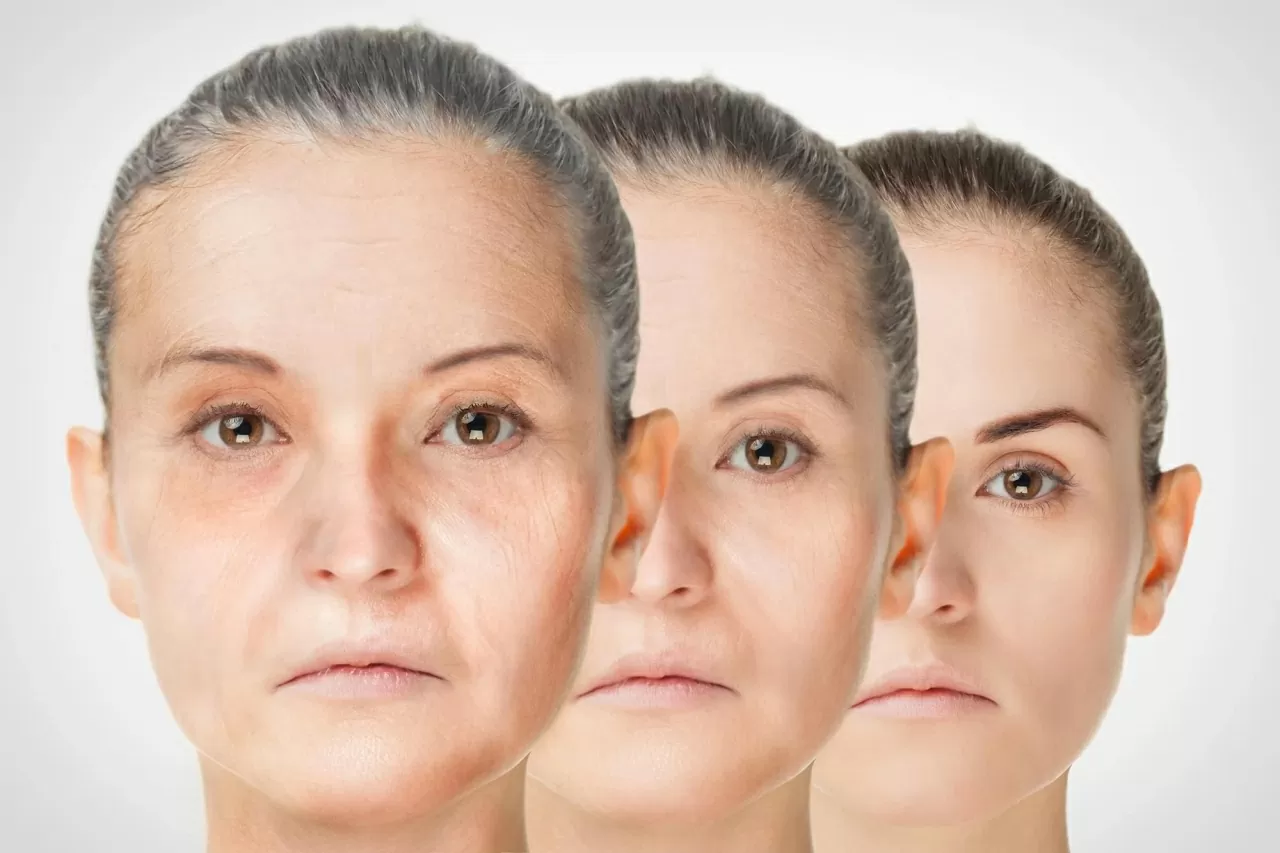 |
| Scientists have discovered three molecules with anti-aging properties, produced by the bacteria Paracoccus sanguinis that resides in human blood. (Source: Stock) |
While the cosmetics market is constantly blooming with a series of anti-aging products from creams, masks to high-tech essences, a group of scientists has just announced a remarkable discovery: Molecules that help slow down the aging process may have always been present in the human body.
The research, conducted by a group of Korean scientists, was recently published in the Journal of Natural Products (USA). In it, the authors identified three molecules derived from the Paracoccus sanguinis bacteria, a microorganism that lives in human blood, that have the effect of reducing signs related to skin aging.
The idea that bacteria could inhabit human blood was controversial, but the team led by researchers Kim Chung Sub and Lee Sullim found it to be uncharted scientific territory. “We were interested in P. sanguinis because blood-borne microorganisms remain a poorly studied area,” said Kim. “The unique environment of blood may reveal new metabolic functions that are relevant to health and disease.”
The team cultivated the bacteria for three days to collect a mixture of metabolites produced by the microorganisms. Using modern analytical techniques such as mass spectrometry, isotopic labeling, and computer modeling, they identified 12 indole compounds, including six that had never been identified before.
To assess their biological effects, the scientists tested each compound on human skin cells grown in the lab. Before testing, the cells were treated to produce free radicals, key factors in inflammation and collagen breakdown, leading to skin aging.
Three of the compounds, including two completely new molecules, significantly reduced oxidative stress, while also reducing two inflammatory proteins and a collagen-destroying protein. The initial results suggest that the compounds have potential applications in skin care product development and anti-aging treatments.
The study contributes to affirming the important role of microbial metabolites, especially those from blood-dwelling species, in protecting and improving human health. Scientists consider this a step forward for a new approach in biomedical research and regenerative cosmetics.
Source: https://baoquocte.vn/phat-hien-phan-tu-chong-lao-hoa-trong-mau-nguoi-318802.html








![[Photo] Hanoi is ready to serve the occasion of the 80th National Day Celebration on September 2nd](https://vphoto.vietnam.vn/thumb/1200x675/vietnam/resource/IMAGE/2025/8/29/c838ac82931a4ab9ba58119b5e2c5ffe)













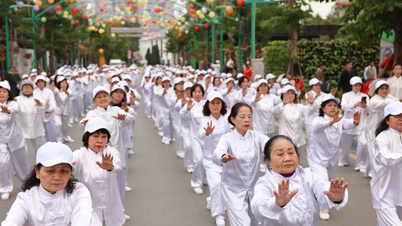



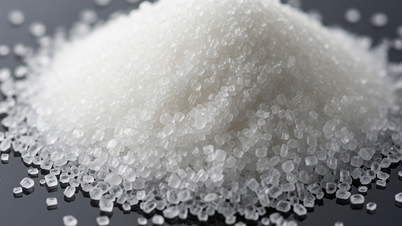
























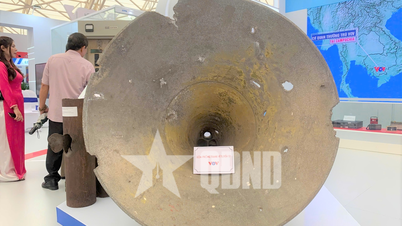


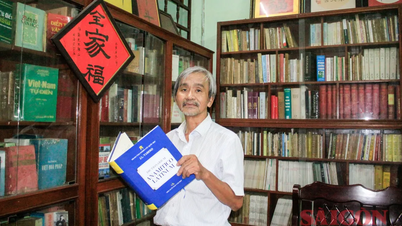








































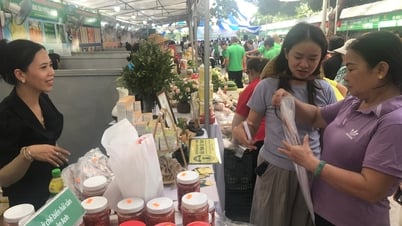



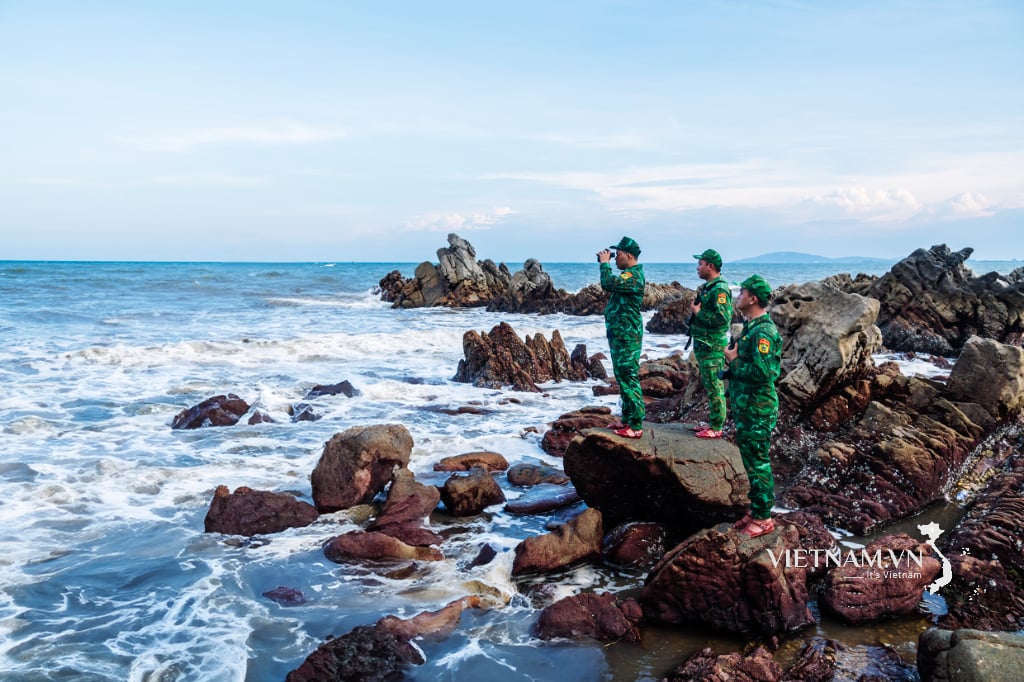



Comment (0)